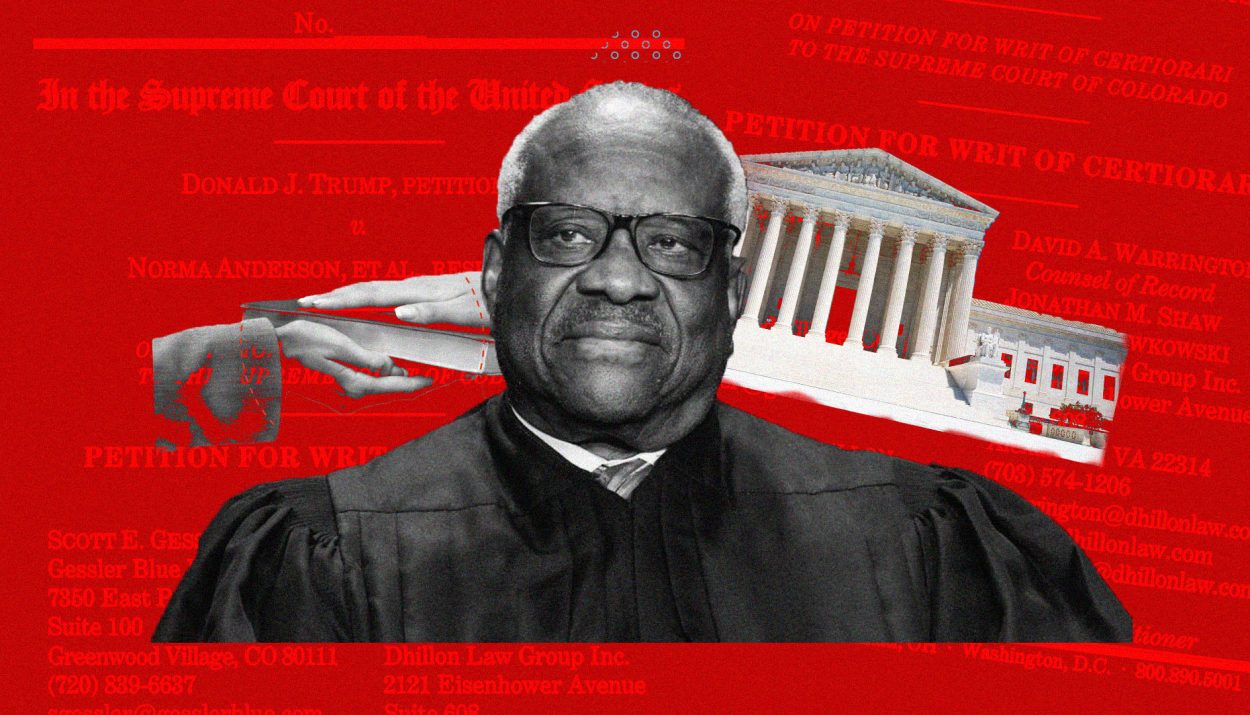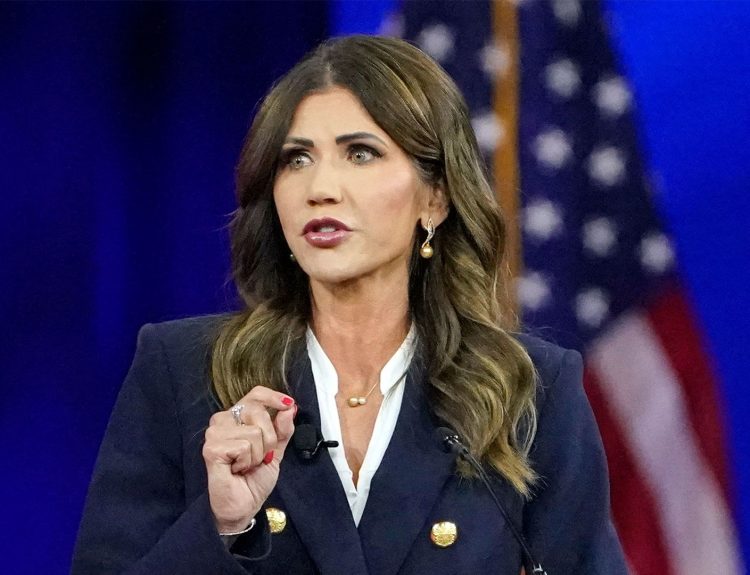Ahead of the Judicial Conference of the United States’ next meeting, the Watchdog group Campaign Legal Center has accused Justice Clarence Thomas of selectively reporting his finances only when under public scrutiny.
The Conference, which oversees policy for federal courts, has an ongoing review of “public written allegations of errors or omissions” in a judge’s disclosures. The Center believes this judge is Justice Thomas, citing recent controversies over his ties to conservative donors and lawmakers’ demands that the Attorney General investigate potential ethics violations.
Questionable Reporting Practices
Justice Clarence Thomas has been accused of selectively reporting information on his financial disclosures after facing public scrutiny and media attention. According to a watchdog group, the Campaign Legal Center, Thomas has demonstrated a pattern of omitting or avoiding full disclosure of certain financial details.
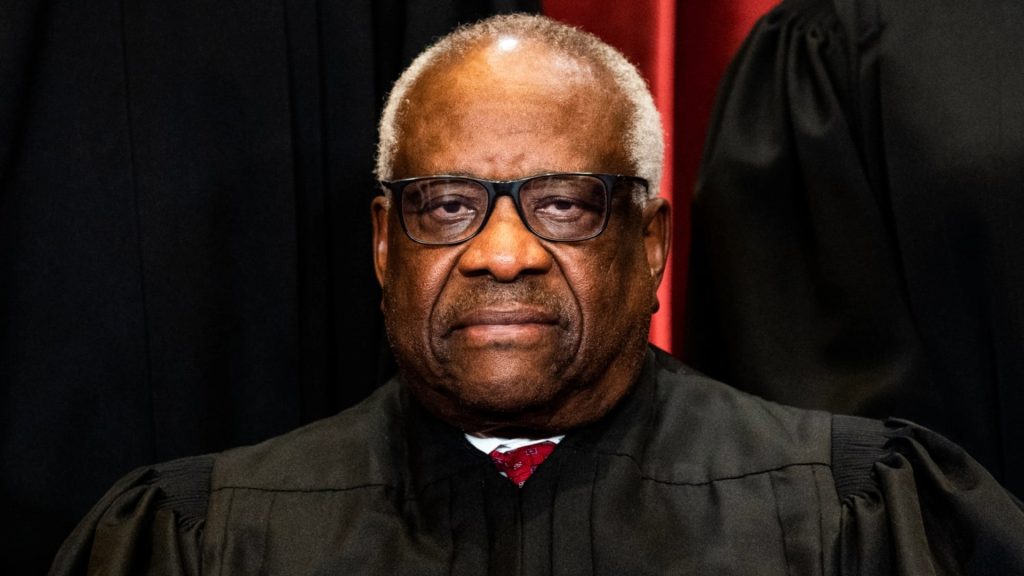
The group points to several examples of this questionable behavior spanning three decades. For instance, after Thomas was required to report his spouse’s employment from 1987 to 1996 and subsequently faced media controversy over her role investigating a sitting president.
Calls for Review and Investigation
The Campaign Legal Center contends this pattern of behavior violates the Ethics in Government Act and shows Thomas willfully withheld required financial information. In a 161-page letter, the group presented extensive details on Thomas’ omissions and called for a review of the justice’s financial disclosures.
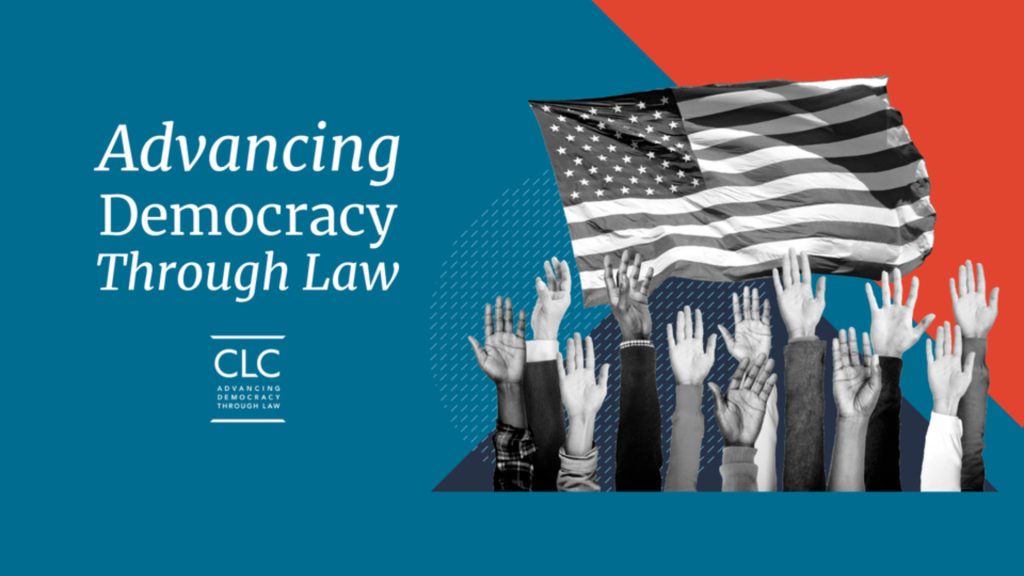
Their request comes a month before the Judicial Conference of the United States, the policymaking body for federal courts led by the Chief Justice of the Supreme Court, holds its biannual meeting. Last month, the Campaign Legal Center noted a public report from the Judicial Conference’s financial disclosures committee.
Initial Disclosures Followed by Omissions
In multiple instances spanning over 20 years, Thomas initially disclosed certain financial information, such as his spouse’s employment or travel expenses paid by friends, but then omitted that information from subsequent disclosures after media reporting on the issues.
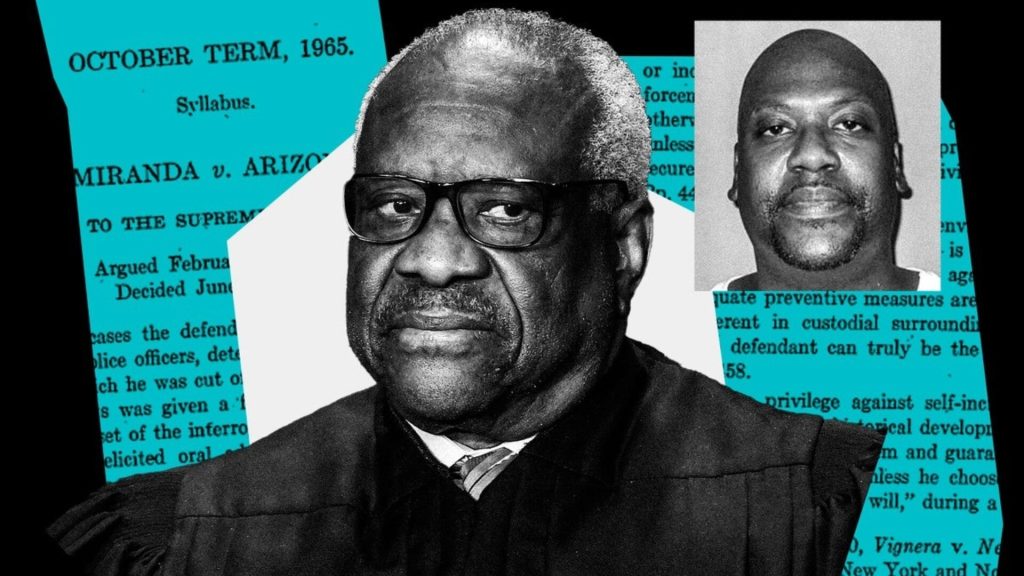
For example, Thomas disclosed his spouse’s employer from 1987 to 1996 but stopped reporting that information until 2011, following media controversy over his spouse’s work investigating a sitting president. Similarly, Thomas disclosed travel expenses paid by a friend in 1997 but failed to report similar expenses over the next 24 years until new reports on the issue emerged.
Responding to Media Pressure
According to the CLC, Thomas has shown a pattern of complying with financial disclosure rules only when under media pressure to do so. Once public scrutiny died down, Thomas allegedly reverted to omitting relevant financial information from his disclosures.

For instance, after disclosing tuition payments for a grandnephew in 2002 and receiving media attention, Thomas stopped reporting tuition gifts altogether by 2009. Likewise, after disclosing sold assets and real estate transactions in 2011 and facing media reporting on the deals, Thomas did not fully disclose that information again for three years.
Calls for Review and Accountability
The CLC has called on the Judicial Conference, the policymaking body for the federal judiciary, to review Thomas’ financial disclosures for violations of ethics rules. With the Conference set to meet next month, the CLC argues there is a troubling decades-long pattern of Thomas avoiding transparency and accountability.
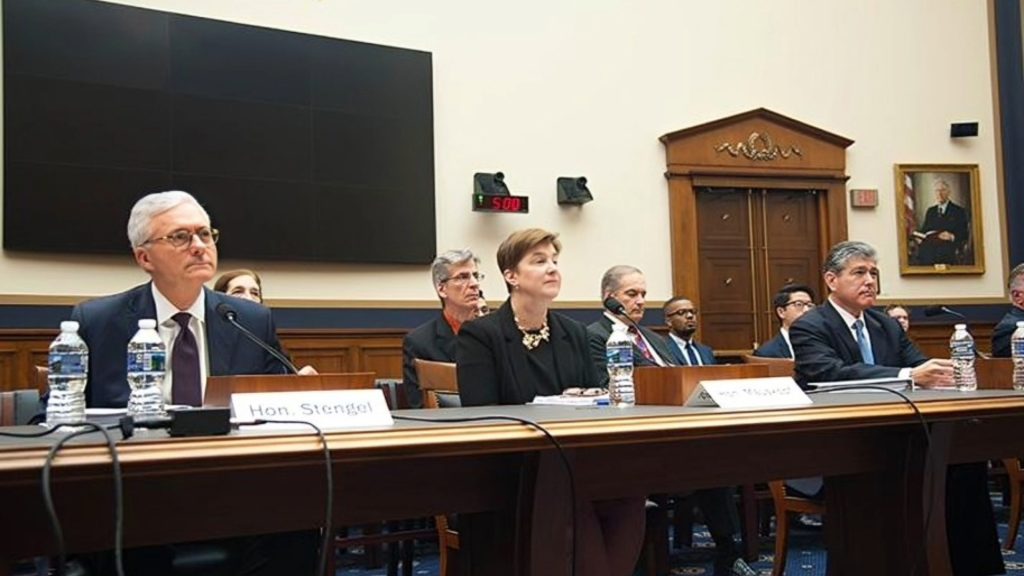
However, as an opaque body that governs itself, the likelihood of meaningful consequences for a Supreme Court justice may be low. Still, the controversy highlights the need for an independent judiciary that adheres to the highest ethical standards.
Watchdog Group Flags Pattern of Selective Reporting
A watchdog group has accused Justice Clarence Thomas of intentionally omitting key details from his financial disclosures over the years. According to the Campaign Legal Center, Thomas has demonstrated a pattern of selective reporting since 1996.
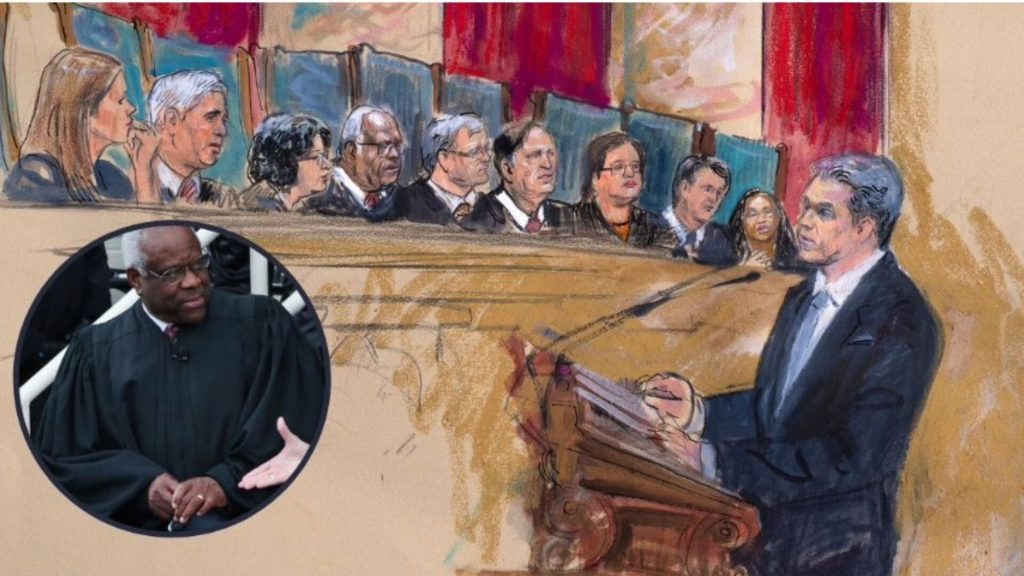
Overall, the accusations leveled at Justice Thomas raise serious concerns about ethics and disclosure within the nation’s highest court. Until now, Thomas has avoided major disciplinary action but calls for a formal investigation continue to mount.
Timeline of Controversies and Omissions in Disclosures
According to the Campaign Legal Center, Justice Clarence Thomas has demonstrated a pattern of omitting required financial disclosures following negative press attention over the past 30 years. Justice Thomas stopped disclosing his spouse’s employment until 2011.
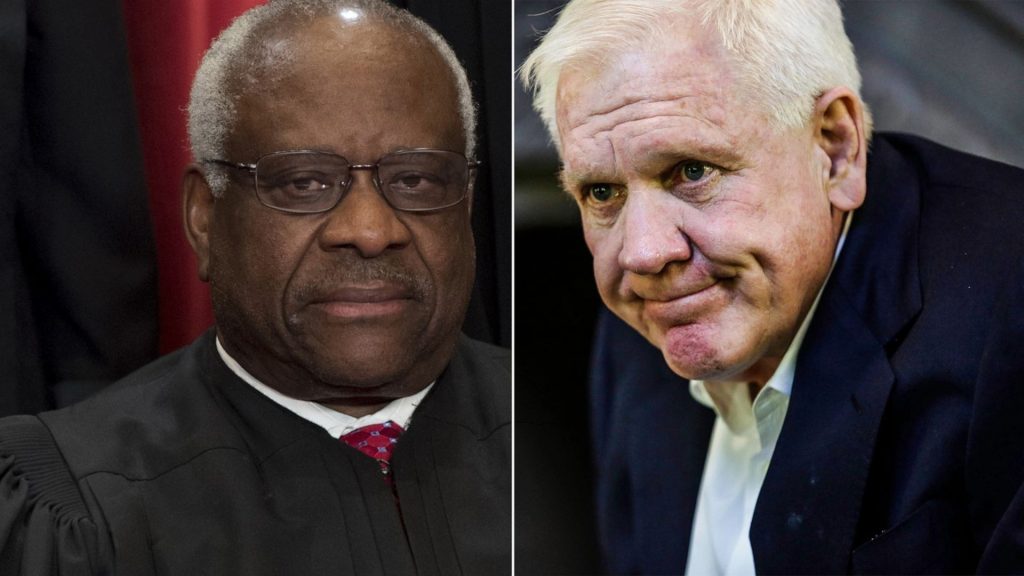
Similarly, in 1997, Justice Thomas properly disclosed travel expenses paid for by a friend. Yet, when reports emerged a year later that he had traveled on a private jet and billed expenses to a “wealthy real estate magnate,” Justice Thomas omitted any mention of travel expenses from friends for the next 24 years until 2023.
Initial Disclosure Followed By Omission
Justice Thomas initially disclosed the 2011 sale of assets, including those sold without capital gains. The same year, reports exposed Justice Thomas’ role in facilitating Harlan Crow’s purchase of real estate in Georgia. Justice Thomas then failed to fully disclose these details for at least three years until the media uncovered the omission.
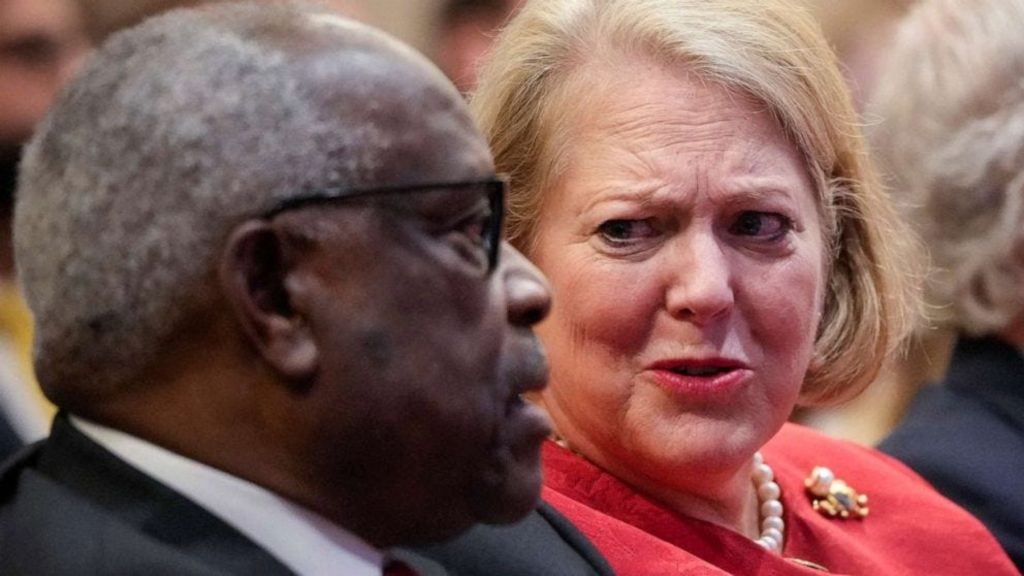
According to the CLC, this pattern demonstrates Justice Thomas’ willful violations of the Ethics in Government Act. The CLC has compiled extensive evidence of these omissions in a 161-page letter. Calls have mounted for the Judicial Conference to review Justice Thomas’ conduct.
Calls for Federal Judiciary to Review Potential Ethics Violations
The Judicial Conference, comprised of federal judges and led by the Chief Justice of the Supreme Court, acts as the policymaking body for the federal judiciary. As reported by ProPublica, an investigative journalism organization, the Judicial Conference is a powerful yet opaque organization that is self-regulated.
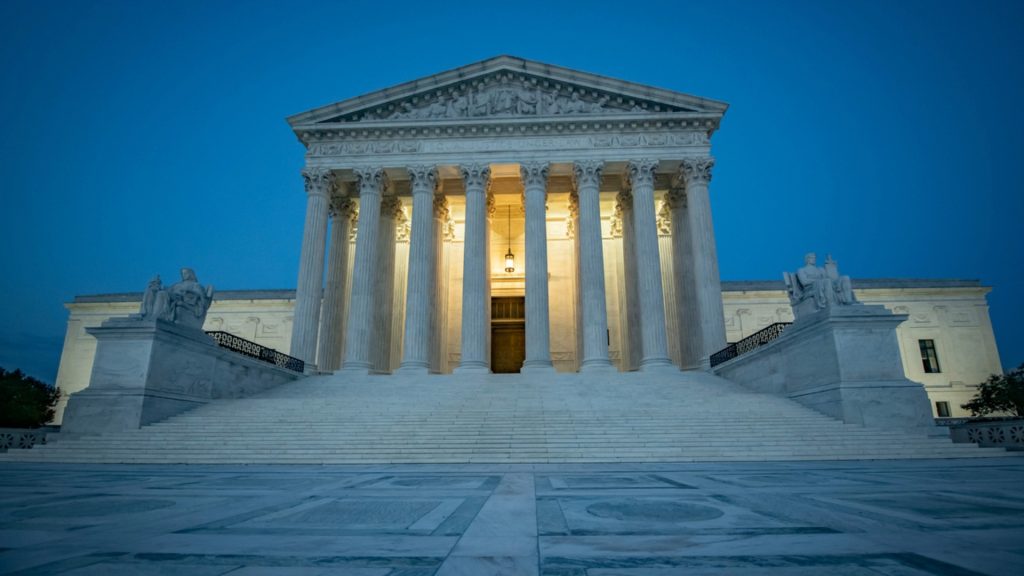
Last month, the Campaign Legal Center identified a statement in a public report by the Judicial Conference’s Committee on Financial Disclosures indicating that the Conference was reviewing “public written allegations of errors or omissions in a filer’s financial disclosure reports.” The Campaign Legal Center believes this filer to be Justice Thomas.
Upcoming Meeting of the Judicial Conference in Focus
The Campaign Legal Center, a nonprofit watchdog group, has raised concerns over Supreme Court Justice Clarence Thomas’ financial disclosures ahead of an important meeting of the Judicial Conference of the United States. The Conference, comprising the chief justice and federal judges, will convene in one month.
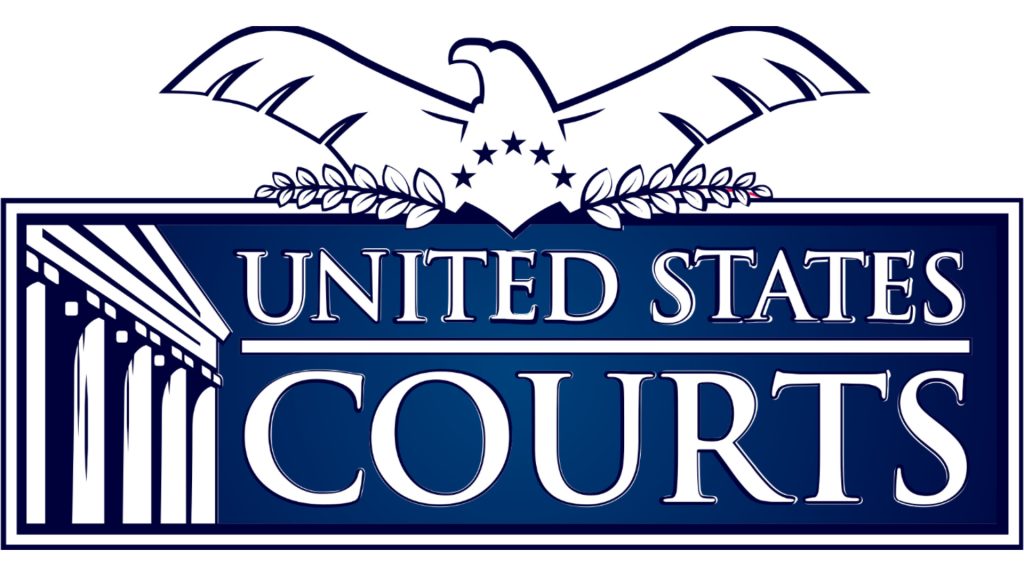
The Campaign Legal Center’s allegations come at a time when Justice Thomas’ relationships with wealthy donors and conservative activists have faced increasing scrutiny. The Senate and House Judiciary Committees have sent letters to the Judicial Conference urging a review of potential ethics violations by Justice Thomas.
Power and Secrecy of the Federal Judiciary’s Self-Policing
The Judicial Conference is responsible for creating and enforcing codes of conduct for the federal judiciary. However, as investigative reports have revealed, the Conference operates with little transparency and accountability as a self-regulating body.
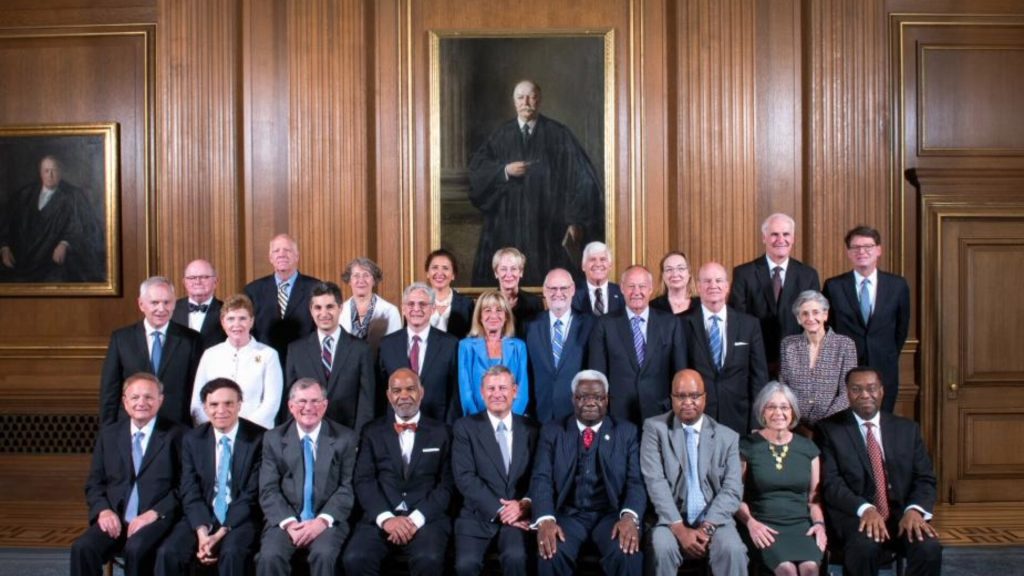
The controversy surrounding Justice Thomas comes at a time when the Supreme Court faces declining public trust in its role as an impartial and apolitical institution. If the Judicial Conference does not conduct a credible investigation into the justice’s financial disclosures, it risks further undermining confidence in the federal judiciary’s commitment to ethics and accountability.
What Actions Could the Judicial Conference Take?
The Judicial Conference has several options available to address the concerns raised regarding Justice Thomas’ financial disclosures. As the policymaking body for the federal judiciary, the Conference could conduct a review of the written allegations presented by the Campaign Legal Center and determine whether further investigation into potential violations of the Ethics in Government Act is warranted.
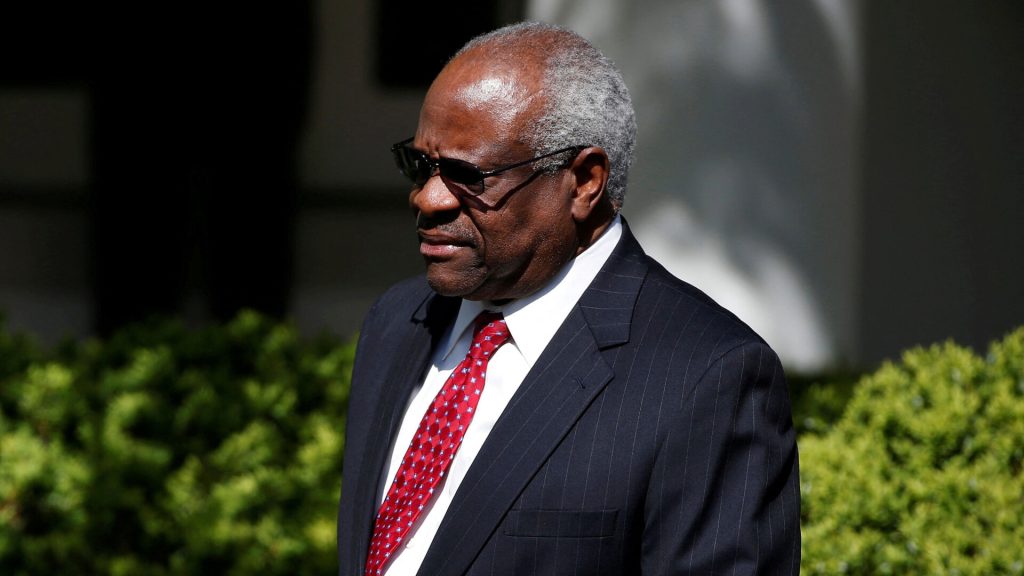
If errors or omissions are found in Justice Thomas’ financial disclosures upon review, the Conference could require corrections to be made and potentially issue remedial action to ensure full compliance going forward. More seriously, if the review finds evidence of willful falsification of financial disclosures, the Conference could refer the matter to the Department of Justice for potential criminal investigation and prosecution.
A Possible Push For Proper Disciplinary Procedures
As an alternative, the Conference may opt to handle the matter internally through disciplinary procedures. However, given the significance of the position held by a Supreme Court justice, referral to the Department of Justice may be viewed as most appropriate.
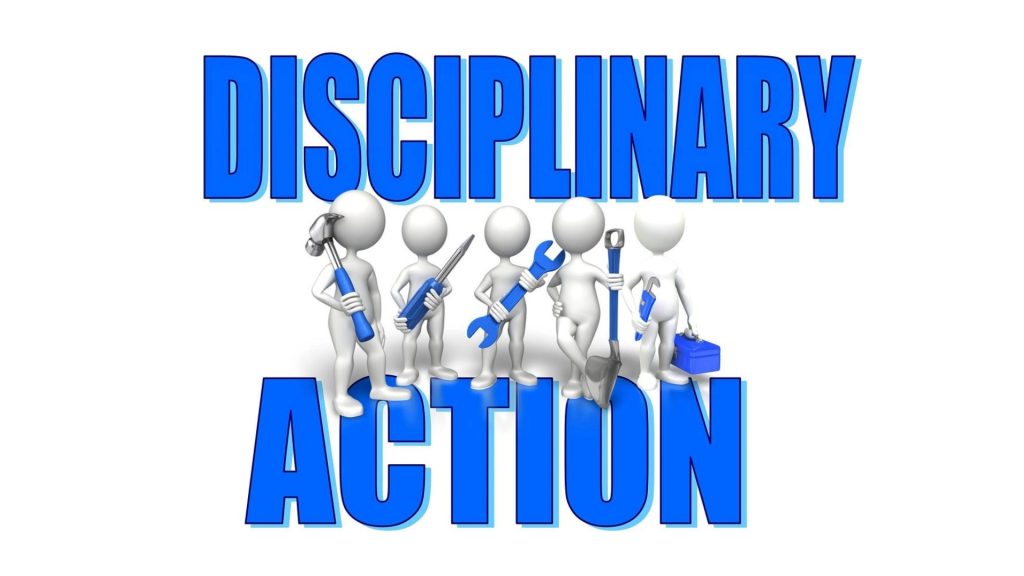
The Judicial Conference could also tighten ethics rules and requirements around financial disclosures for federal judges to prevent issues like those alleged regarding Justice Thomas’ disclosures. For example, the Conference may require more detailed disclosures, particularly around gifts, travel, and the finances of a judge’s spouse.
Stricter Punishment To Foster Public Trust
Stricter enforcement mechanisms and auditing procedures could be established to identify potential violations earlier. While the Judicial Conference aims to police itself, its handling of this matter will likely face intense public scrutiny given the prominence of the allegations against Justice Thomas.

To maintain public trust in the integrity of the judiciary, the Conference must conduct a thorough, impartial review of the evidence presented and take appropriate action based on its findings. Although a complex situation, the Judicial Conference has the authority and responsibility to investigate and remedy issues that threaten to undermine ethical standards within the federal judiciary.
A Need For Better Display of Ethics
The persistent unethical behavior and lack of accountability displayed by Justice Thomas over decades on the Supreme Court continues to threaten the institution’s integrity. Though the Judicial Conference possesses the power to investigate and sanction judges, it has failed thus far to address the serious and credible allegations against Thomas.
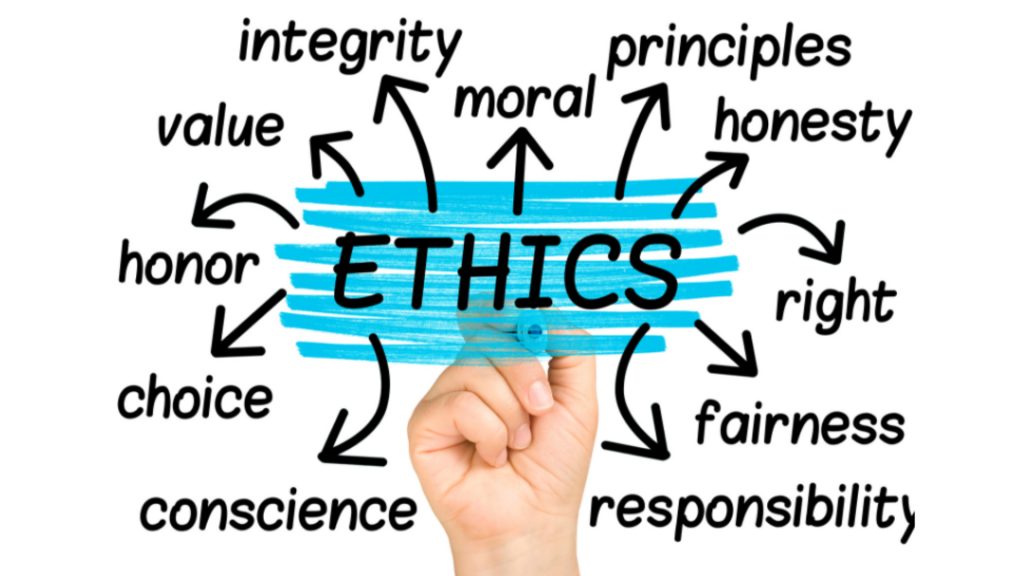
This ongoing failure highlights the urgent need for reform to ensure accountability and transparency. The federal judiciary must demonstrate a commitment to the highest ethical standards expected of those entrusted with interpreting the nation’s laws.

